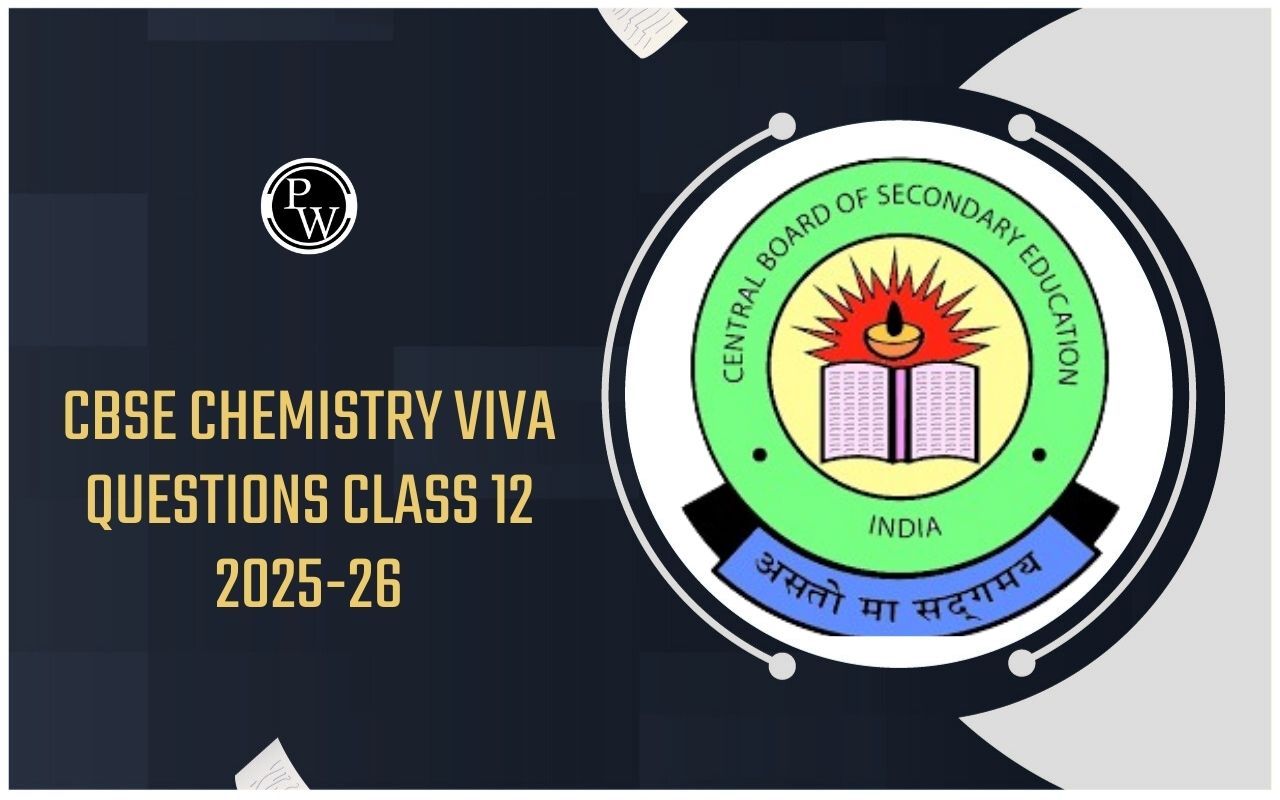
CBSE Class 12 Biology Notes Chapter 9: For students, class 12 is a crucial year, so it's helpful to have notes on hand for final exam review and to ensure that you understand the subject's fundamentals. We shall discuss biology in this article, along with details on the class 12 biology chapter 9 revision notes.
An NCERT book chapter has several divisions and themes, therefore it helps students prepare if they have useful notes with them.CBSE Class 12 Biology Chapter-Wise Weightage 2023-24
CBSE Class 12 Biology Notes Chapter 9 PDF
Students frequently experience anxiety when completing a question paper; this is typically caused by a lack of confidence and insufficient preparation. Candidates will find it very helpful to review CBSE Class 12 Biology Notes Chapter 9 so they can confidently respond to all of the questions. It will assist them in fully memorization of all questions and answers prior to the test. Also, from here students can download the CBSE Class 12 Biology Notes Chapter 9 pdf -CBSE Class 12 Biology Notes Chapter 9 PDF
CBSE Class 12 Biology Notes Chapter 9
Food is a very necessary item that is consumed to fulfil the body's nutritional needs. It has fats, carbs, and proteins in it. As the population grows, increasing food production becomes a major concern. Plant breeding and animal husbandry are two of the main initiatives used to increase food production and meet the needs of the growing population.Animal Husbandry
Animal husbandry is the term used to describe the agricultural practice of breeding and rearing cattle. It is the science of humanely handling and tending to agricultural animals. It can also mean the process of rearing animals with the intention of fostering desirable qualities in them for the sake of human welfare. India and China are thought to be home to more than 70% of the world's cattle.Management of Farms and Farm Animals
Poultry Farm Management
Poultry farm management is the practice of using domesticated birds for food and eggs. It contains ducks and hens, as well as occasionally large numbers of geese and turkeys. There are a few things that should be prioritised when managing chicken farms. These include setting up appropriate water and feed systems, keeping farms clean and safe, and so forth. The value of brooding temperature is likewise very great.Dairy Farm Management
The care of the animals used to produce milk and milk products is part of the management of dairy farms. It encompasses the management that can raise the milk's supply and quality. The milk yield on the farm is based on the quality of the breeds. Breeds with a high potential for yield and disease resistance are considered good. The cattle should have proper care, nourishment, hygienic conditions, and a disease-free environment in order to reach their maximum yielding capacity. Additionally, milk should be transported and stored properly.Animal Breeding
Breeding animals is a major component of animal husbandry. Its goals are to introduce desired qualities into the animals and raise their productivity. A collection of animals that are related by traits, size arrangement, overall appearance, etc. is referred to as a breed. Inbreeding occurs when animals of the same breed breed together, while outbreeding occurs when animals of different breeds breed together.Inbreeding
Inbreeding is the process that takes place between members of closely related individuals within the same breed over a period of four to six generations. First, outstanding qualities in males and females are identified here, and pairs of them are mated.
Usually, the superior male is the bull who can produce superior offspring, while the superior trait-carrying cow is the one with higher milk production.
A result of inbreeding is more homozygosity. This is dangerous because it may cause deleterious recessive alleles to be expressed. It is possible to erase superior qualities. Inbreeding depression results from ongoing inbreeding. The loss of desirable features as a result of repeated inbreeding is known as inbreeding depression. Fertility and productivity are impacted by this.
Beekeeping
The raising of honey bees for honey and other products like propolis, beeswax, pollen, and royal jelly is known as apiculture, or beekeeping. The goods derived from apiculture are important to the business world. For instance, the medical and cosmetic sectors use beeswax. It's also used for cheese coating and as a food additive. It has recently been found that treating AIDS can be accomplished with honey bee venom. It could be the end for HIV. Apis dorsata (rock bee), Apis indica (Indian bee), Apis florea (small bee), and Apis mellifera (Italian bee) are common commercial species of honey bees used in apiculture.Aquaculture/Pisciculture
Pisciculture is the artificial growth and management of fish, such as Hilsa, Rohu, and Catla, among others, for catching, processing, and sale. Because fish require more care, various techniques are used to advance pisciculture. The techniques used to cultivate aquatic animals that are resistant to pests and sell them for a profit are known as aquaculture. Aquaculture can be divided into two categories: intensive and extensive. A lot of aquaculture is carried out in the ocean, in lakes that are man-made and natural, in rivers, etc. However, there is intense aquaculture in tanks and ponds.Biofortification
Using a combination of current biotechnology, conventional plant breeding methods, and agronomic techniques, biofortification is a novel technology that enhances the nutritional quality of food. In 2000, researchers created maize hybrids that contain twice as much tryptophan and lysine as previously developed hybrids. An elevated protein wheat variety, such as Atlas 66, has been utilised as a donor to enhance wheat that has been produced. These days, it's simple to create an iron-fortified rice variety that has more than five times the maximum iron content of types that are typically consumed. Many vegetable crop varieties, including vitamin A-enriched carrots, spinach, and pumpkin; vitamin C-enriched bitter gourd, bathua, mustard, and tomato; iron and calcium-enriched spinach and bathua; and protein-enriched broad, lablab, French, and garden peas, have all been developed by the Indian Agricultural Research Institute, New Delhi.Related Links -
| CBSE Class 12 Biology Notes Chapter 2 |
| CBSE Class 12 Biology Notes Chapter 5 |
| CBSE Class 12 Biology Notes Chapter 7 |
| CBSE Class 12 Biology Notes Chapter 9 |
| CBSE Class 12 Biology Notes Chapter 3 |
Tissue Culture
The capacity to grow an entire plant from a portion of the plant is known as tissue culture. The term totipotency refers to this ability to develop into a full organism or plant. Tissue culture requires the nutritional medium and growth regulators like auxins and cytokinins. Micropropagation is the process of growing a high number of plants in a short amount of time. It will result in certain clones, which are genetically identical plants. Bananas, sugarcane, and other virus-resistant plants can be grown using meristems, which are cells with the capacity for repeated cell division.CBSE Class 12 Biology Notes Chapter 9 FAQs
Which is the easiest chapter in Biology Class 12 CBSE?
What are the strategies of food enhancement notes?
Is CBSE biology tough?










